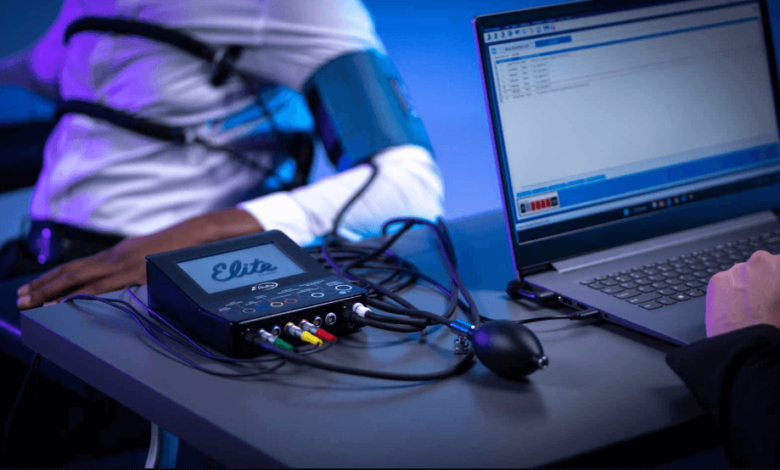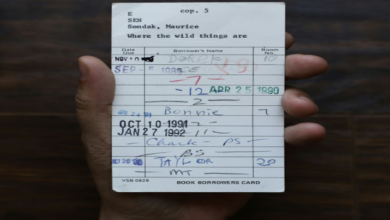Understanding the Lie Detector Test in Tennessee: The Role and Reliability of Polygraph Examinations

What is a Polygraph Test?
A polygraph test, commonly known as a lie detector test, is a procedure that measures and records several physiological indicators such as blood pressure, pulse, respiration, and skin conductivity while a person answers a series of questions. The underlying theory is that deceptive answers will produce physiological responses that can be differentiated from those associated with non-deceptive answers. Despite popular perception, the polygraph does not detect lies per se; rather, it detects signs of stress or changes in bodily functions that may be associated with lying. The examiner analyzes the results to determine whether the person’s responses indicate truthfulness or deception. Polygraph testing has long been used in criminal investigations, employment screenings, and even in civil matters, although its use and admissibility in court remain controversial.
Legal Status of Polygraph Tests in Tennessee
In Tennessee, polygraph tests are commonly used by law enforcement agencies as investigative tools. However, the results of these tests are generally not admissible in court due to questions surrounding their reliability. Tennessee courts, like many others across the United States, typically do not allow polygraph results as evidence unless both parties agree to its admissibility beforehand, which is rare. The state courts follow the general principle that polygraph results are not scientifically reliable enough to be presented as evidence during trials. Nevertheless, polygraph examinations are frequently utilized during pre-employment screenings for positions in law enforcement or corrections, as well as in internal investigations within both public and private organizations. It’s important to understand that while these tests can support an investigation, they are not determinative and cannot legally establish guilt or innocence.
See also: Understanding The Importance Of fstn lcd module In Technology
How Polygraph Tests Are Administered in Tennessee
In Tennessee, polygraph exams are administered by licensed polygraph examiners who have completed rigorous training and certification. These professionals are regulated by the Tennessee Polygraph Examiners Act, which ensures they adhere to industry standards and ethical guidelines. The process typically begins with a pre-test interview, during which the examiner explains the procedure, asks preliminary questions, and calibrates the equipment. The subject is then asked a series of relevant, control, and irrelevant questions while their physiological responses are monitored. After the examination, the examiner evaluates the data and provides a report, which may include an opinion on whether the subject was being truthful or deceptive. In some cases, individuals may undergo a polygraph test voluntarily, either to clear their name or to support a legal or employment claim. However, it is essential to note that individuals cannot be forced to take a polygraph test under Tennessee law without consent.
Reliability and Criticism of Polygraph Testing
While polygraph testing has become a fixture in investigative processes, it is not without its critics. Scientific consensus on the reliability of polygraph testing remains divided. Proponents argue that when administered by a trained and experienced examiner, polygraphs can achieve accuracy rates of up to 90%. However, skeptics point out that the tests are susceptible to false positives and negatives, as various factors such as anxiety, mental health conditions, or even simple nervousness can affect results. Some individuals may even be able to manipulate the results using countermeasures. Due to these concerns, many experts argue that polygraphs should not be used as the sole determinant of truthfulness, especially in high-stakes legal matters. In Tennessee, the courts recognize these limitations, which is why polygraph results are rarely, if ever, admitted as evidence without mutual agreement.
Location in Tennessee
- Knoxville – 11167 Kingston Pike, Knoxville, TN 37934
The Future of Polygraph Testing in Tennessee
As technology advances and new methods of detecting deception emerge, the role of traditional polygraph testing in Tennessee may evolve. Current research is exploring alternatives like brain imaging, voice stress analysis, and artificial intelligence-driven behavioral analysis. Nevertheless, the polygraph remains a prominent tool in the toolbox of law enforcement and private investigators. In Tennessee, its use continues to be widespread in pre-employment screenings, internal investigations, and occasionally, in plea negotiations where both parties may agree to consider polygraph results. For individuals in Tennessee considering taking or requesting a lie detector test, it is advisable to consult with legal counsel or a qualified professional to understand the implications fully. While polygraph testing can be a useful tool, it is not infallible, and its results should be interpreted with caution and in context.



